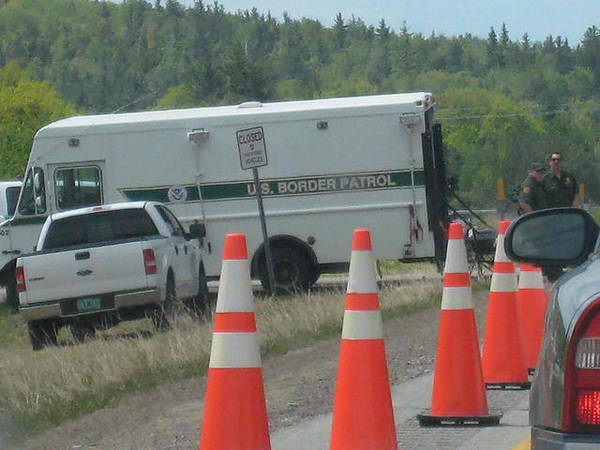From: Alex M. Dunne | d i g i t t a n t e [mailto:alex@digittante.com]
Sent: Wednesday, November 16, 2011 1:24 PM
To: Jeanne.Kohl-Welles@leg.wa.gov; marylou.dickerson@leg.wa.gov; reuven.carlyle@leg.wa.gov; phyllis.kenney@leg.wa.gov; david.frockt@leg.wa.gov; drivers@dol.wa.gov
Cc: bryan.bissell@leg.wa.gov; Opinion; Jennifer Sullivan
Subject: [ REQUEST ] How about "1 strike and you're out" for killer drivers?
Senators Kohl-Welles & Frockt, Representatives Dickerson, Carlyle, & Kenney,
I’m writing to you about public safety and the risk of licensed drivers who have killed on the road.
Senator Frockt and Representative Kenney: You are likely aware of this weekend’s tragic accident in your district on Lake City Way NE and 110th street. An SUV slammed into a smaller car at high speed killing both occupants.
Senator Kohl-Welles and Representatives Carlyle and Dickerson: You may be aware that the driver of that SUV killed a woman on 15th Avenue West in your district in 2009 while also driving at high speed.
In the 2009 incident, the driver was initially charged with vehicular homicide but later pled guilty to only reckless driving and reckless endangerment. Lessening the charges didn’t lessen the impact. The victim remained dead. The driver was able to resume driving, and as of this Sunday, resume killing.
This driver has now had ‘3 strikes’ in two years, and I certainly hope he will be removed from the roads permanently. But could we make our roads even safer? Driving in Washington state is a privilege, and one that in some cases should be taken away more severely. What if, in Washington State, the law allowed only 1 strike for killer drivers? Kill with your car just once, and no matter the severity of the conviction, you’re banned from driving for life. Implementing such a change would likely require RCW updates to the following sections as indicated:
- RCW 46.61.500 Reckless Driving Penalties – amend to require forfeiture of license for life in the case of conviction for 1 or more deaths
- RCW 46.61.520 Vehicular Homicide – amend to require forfeiture of license for life in the case of conviction for 1 or more deaths
- RCW 46.61.524 Vehicular Homicide Assault – strike this completely, no reinstatement possible in the case of conviction for 1 or more deaths
- RCW 46.61.5249 Negligent Driving 1st Degree - amend to require forfeiture of license for life in the case of conviction for 1 or more deaths
- RCW 46.65 Habitual Traffic Offenders Act – amend several sections to ban license reinstatement for life in the case of conviction for 1 or more deaths
My family and friends live in your districts and rely on these roads daily. I’d like to tell them you’ll include this proposal in your upcoming legislative work.
Please let me know if you’re able to, or if you have further questions.
All the best,
AMD
36th District
---------------------------------------------------------------------------------------------
Alex M. Dunne
---------------------------------------------------------------------------------------------

